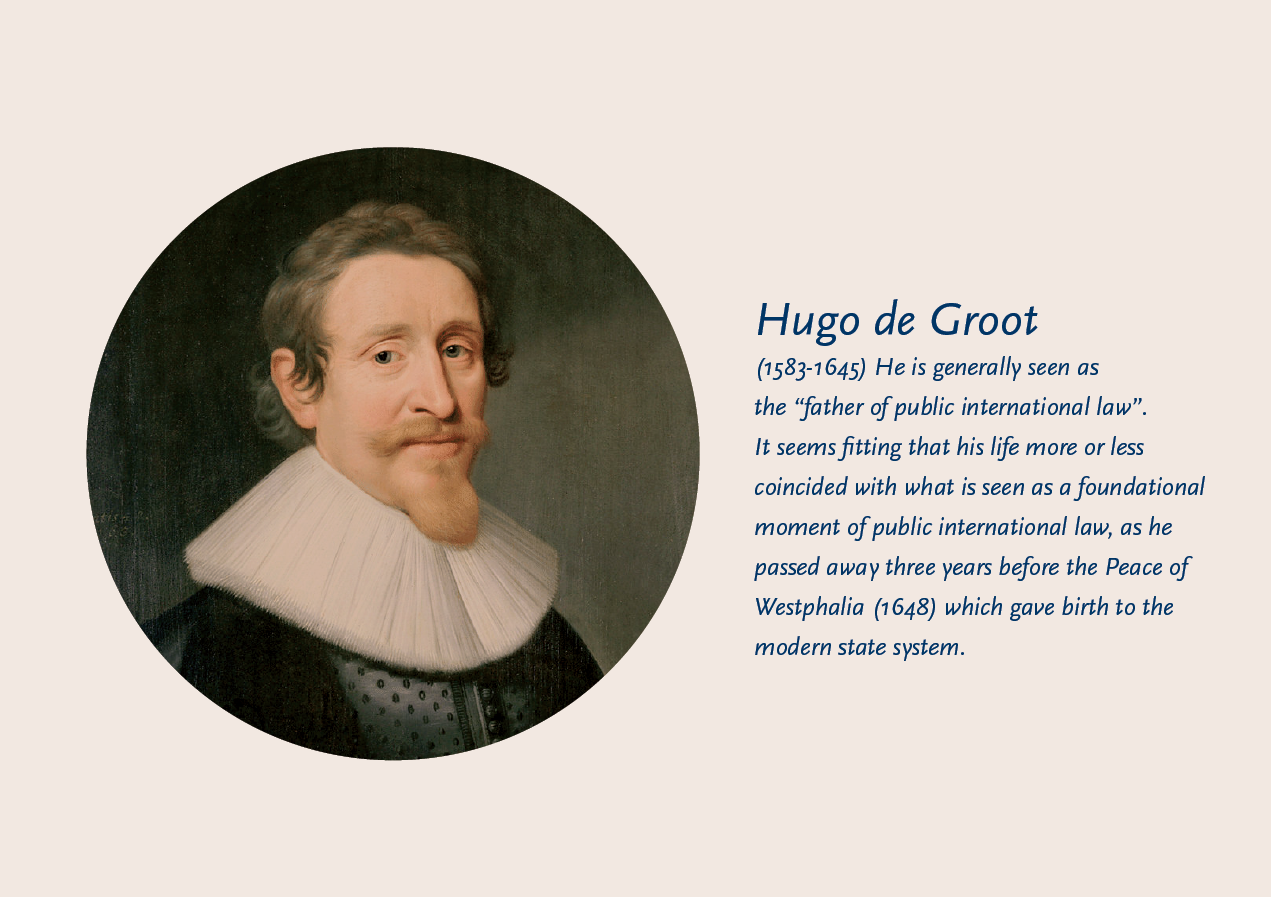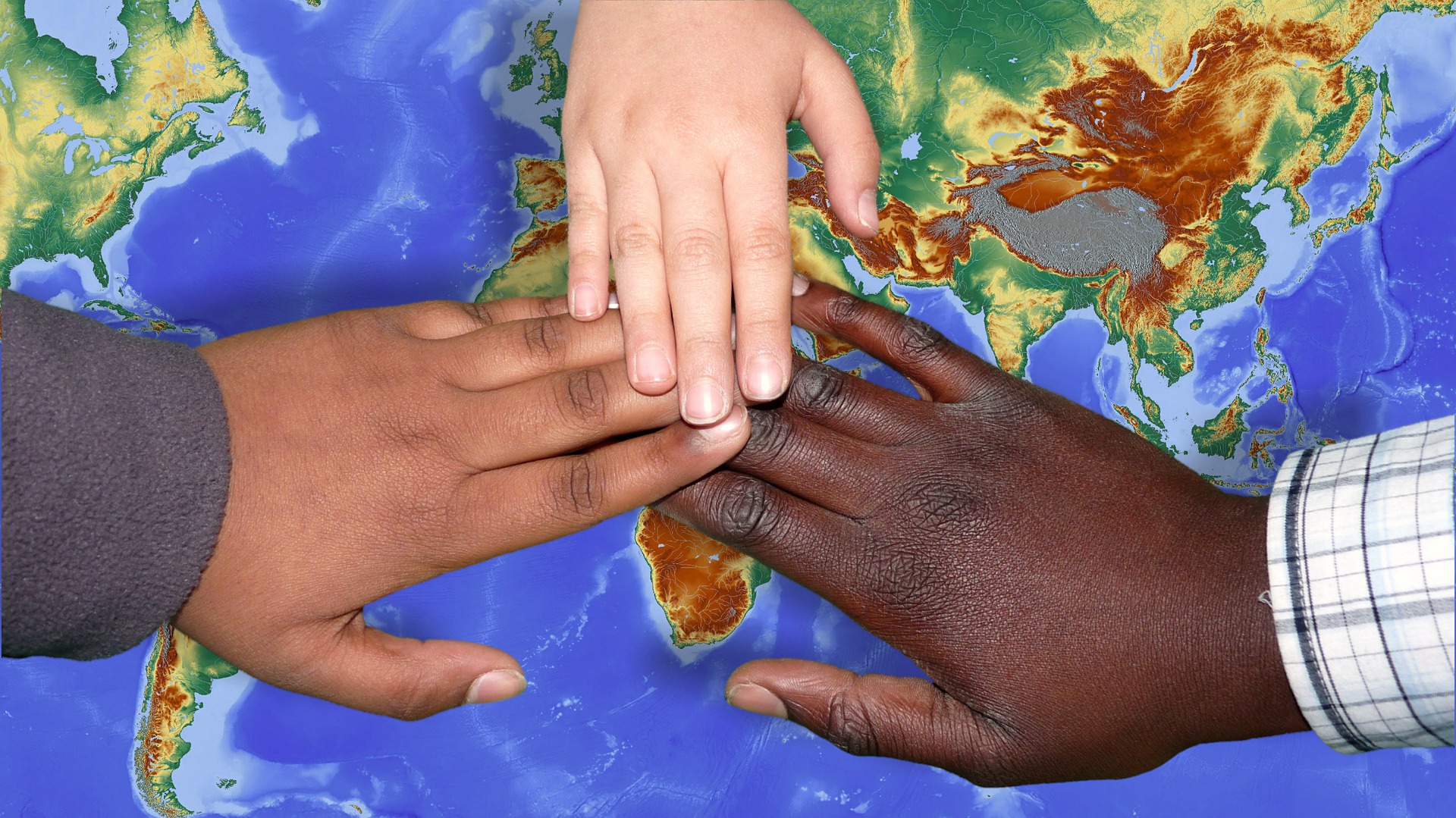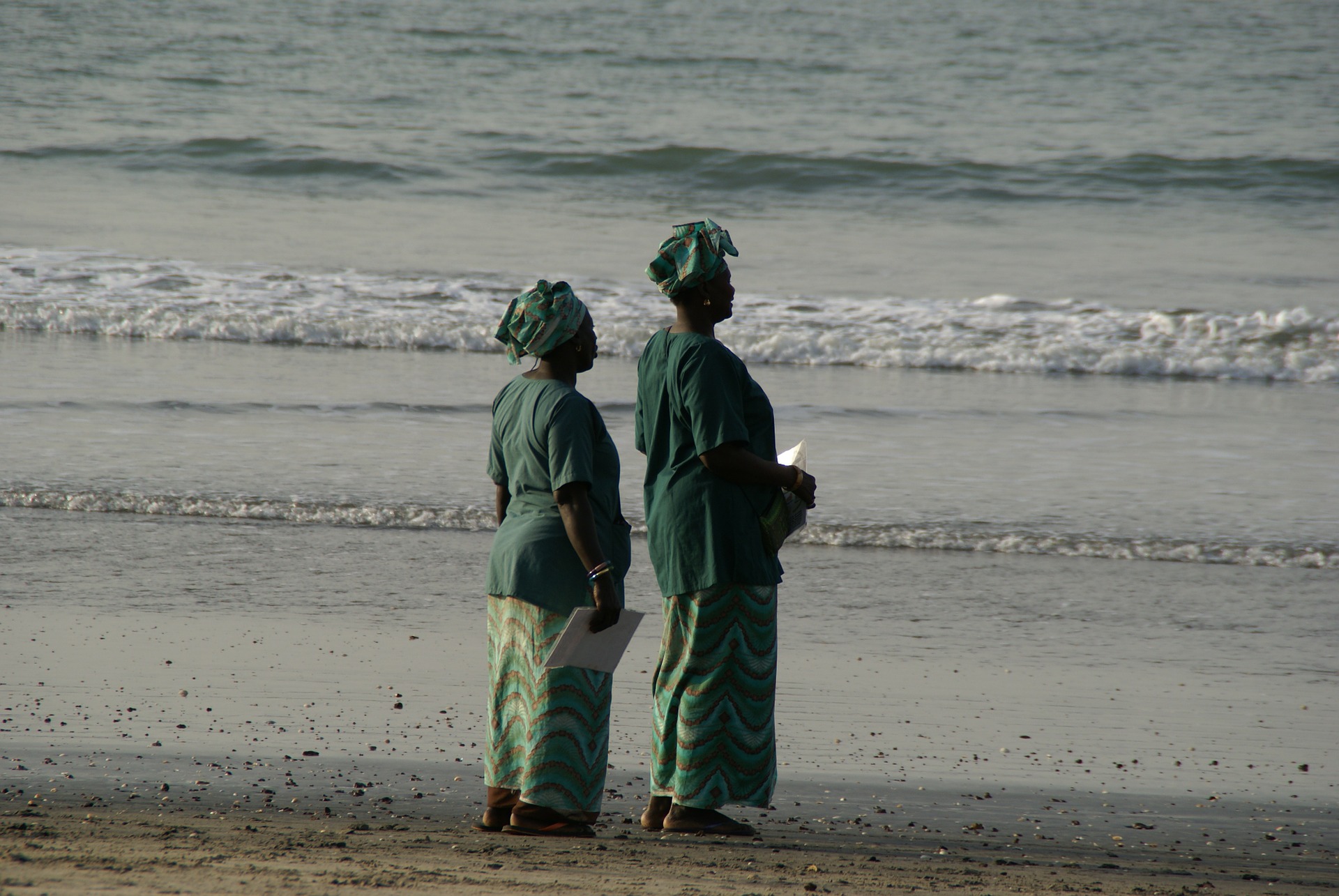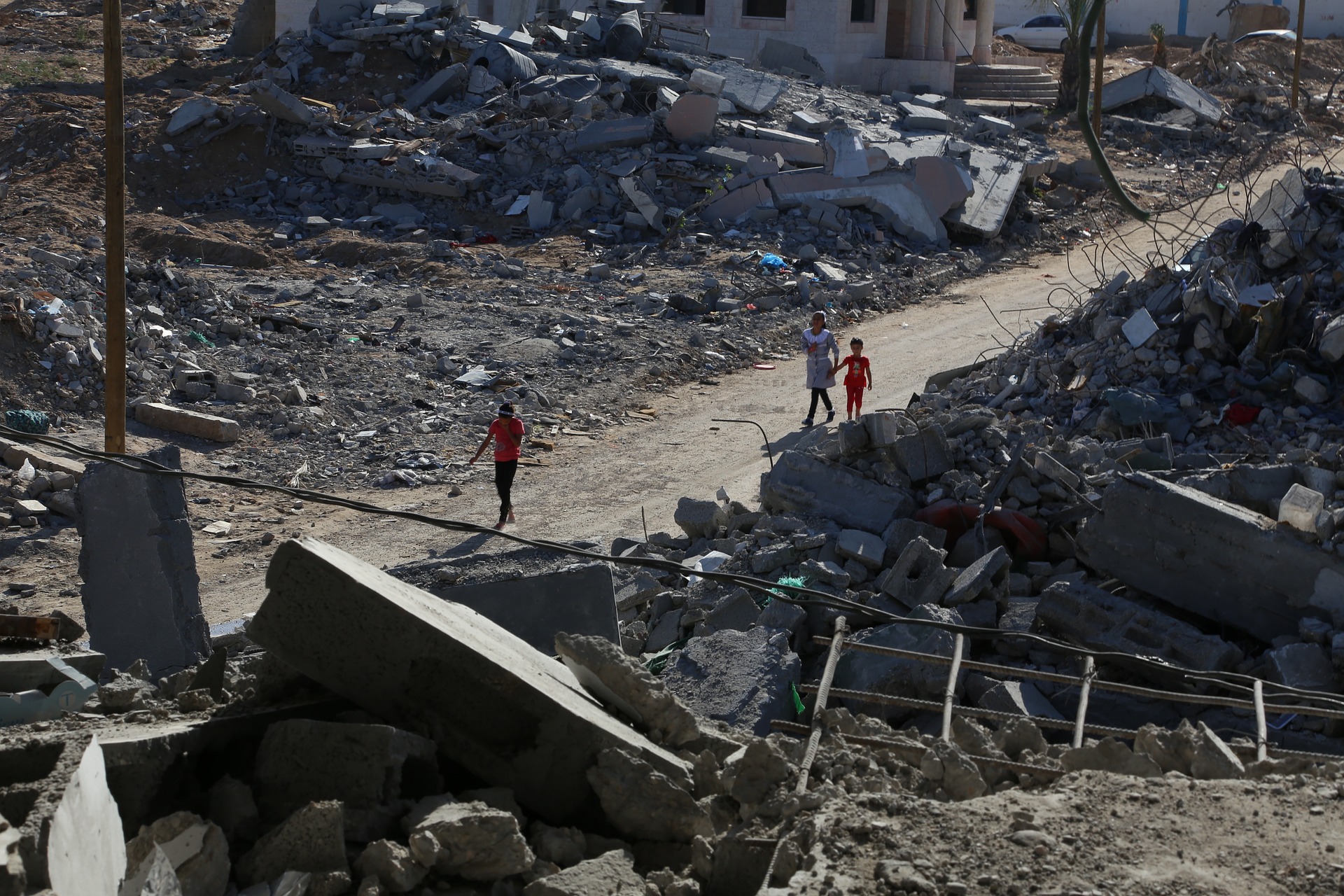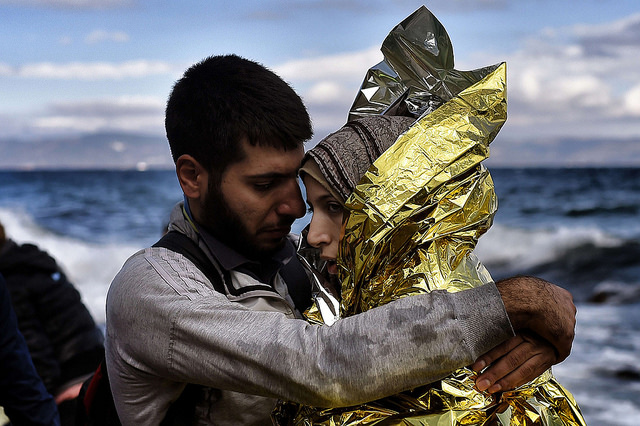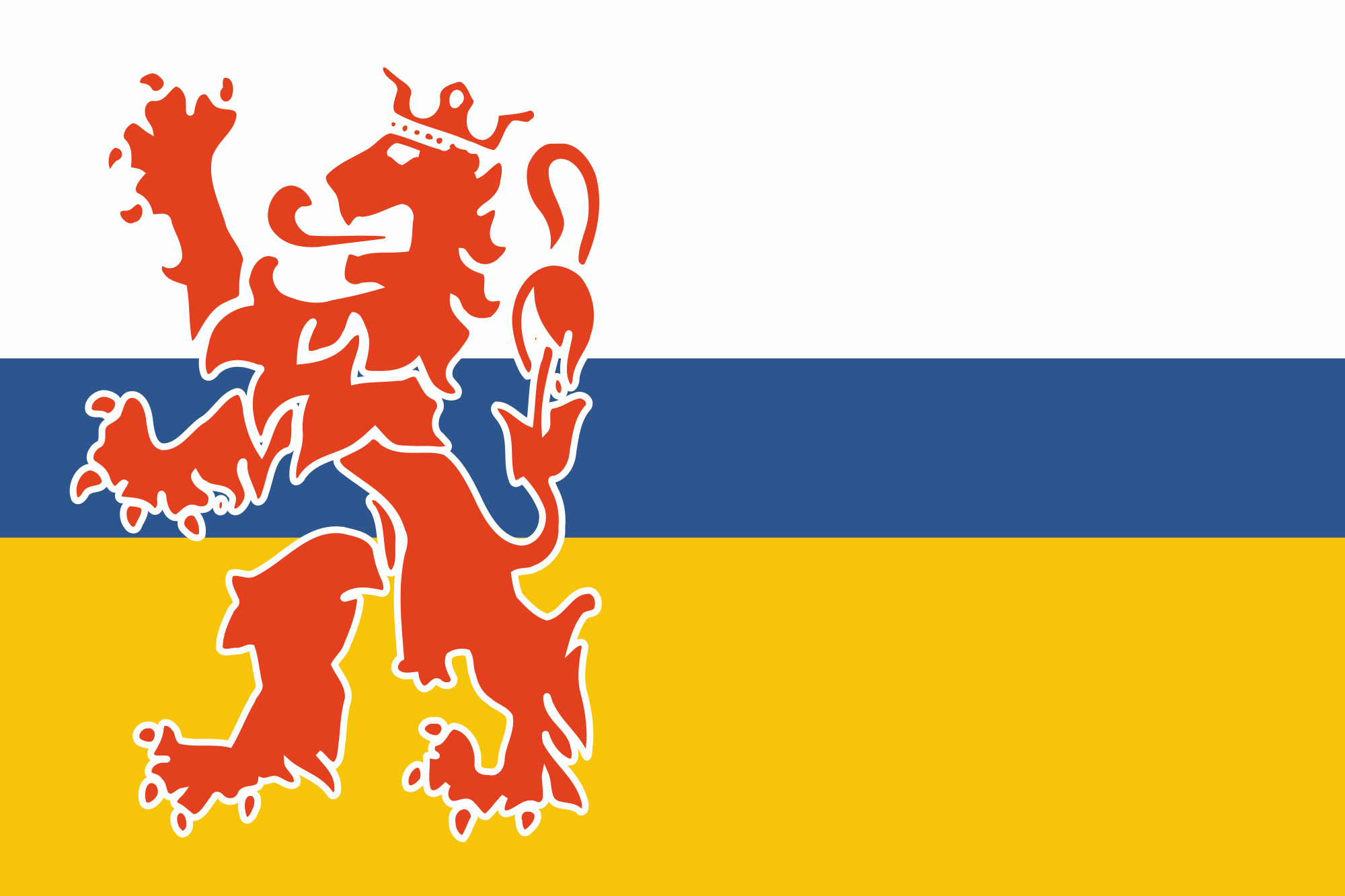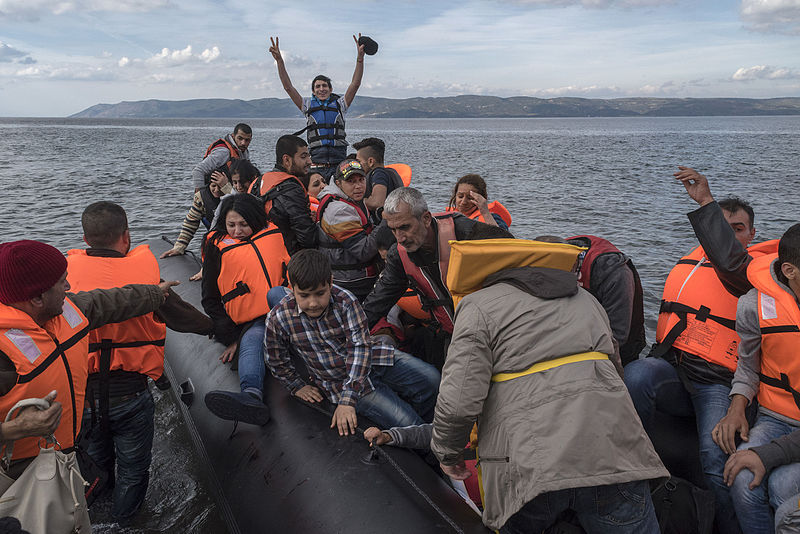Latest blog articles
-
A brief explainer about the ICJ case brought by South Africa against Israel
On 29 December, almost three months after the 7 October Hamas attacks on Israel and the ensuing Israeli military strikes on the Gaza Strip, which had by then resulted in the deaths of more than 21,000 people and more than...
-
To any international lawyer, Hugo de Groot (10 April 1583 – 28 August 1645), usually referred to by his Latin name as Hugo Grotius, does not need any introduction. He is generally seen as the “father of public international law”, often together with Francisco De Vitoria (1483-1546) and Alberico...
-
Asylum-seekers at the Greek island of Lesbos are in a vulnerable position. They claim basic human rights and hold the Europeans accountable. What can a human rights scholar do? His role is limited. When there is no political will, compassion and solidarity are gone.
-
Today, on Human Rights Day, the Peace Palace in The Hague will be the venue of the somewhat ironic spectacle of a Nobel Peace Prize laureate and global icon of human rights leading her country’s defence against allegations of genocide, the most serious violation of human rights possible.
-
The 70th anniversary of the Universal Declaration of Human Rights and the 25th anniversary of the Maastricht Centre for Human Rights are a landmark in the development of human rights and a source of inspiration for academic research on new global human rights issues.
-
The US government is breaching its obligation to promote universal respect for human rights by cutting back on its contribution to UNRWA for aid to Palestinian refugees. Other states have extraterritorial human rights obligations to compensate for this reduction.
-
This contribution argues that the Trump decree to end US financial support for health organisations which provide information about sexual and reproductive health rights is contrary to human rights. The response by the Dutch government is more in line with human rights.
-
The European Union and its member states have failed to comply with their extraterritorial human rights obligations to provide humanitarian aid and fulfil the subsistence rights of asylum-seekers.
-
The aim of this contribution is to assess what has been achieved since the adoption of the 1986 Limburg Principles on the Implementation of the International Covenant on Economic, Social and Cultural Rights for the realisation of these human rights.
-
It took quite a while before the European countries realized and recognized that the influx from asylum-seekers via the Mediterranean Sea and Turkey into the European Union is not just a matter of controlling the outside borders of the Union, but also a humanitarian and human rights issue. Some...

